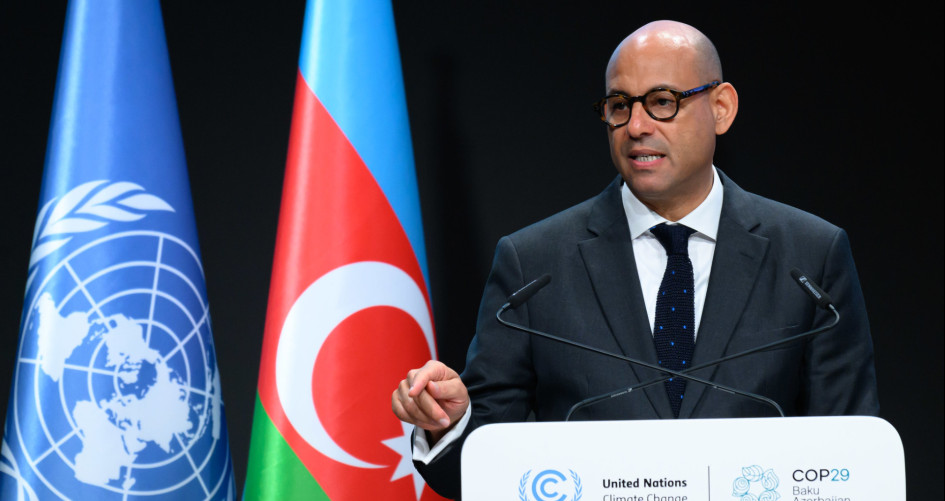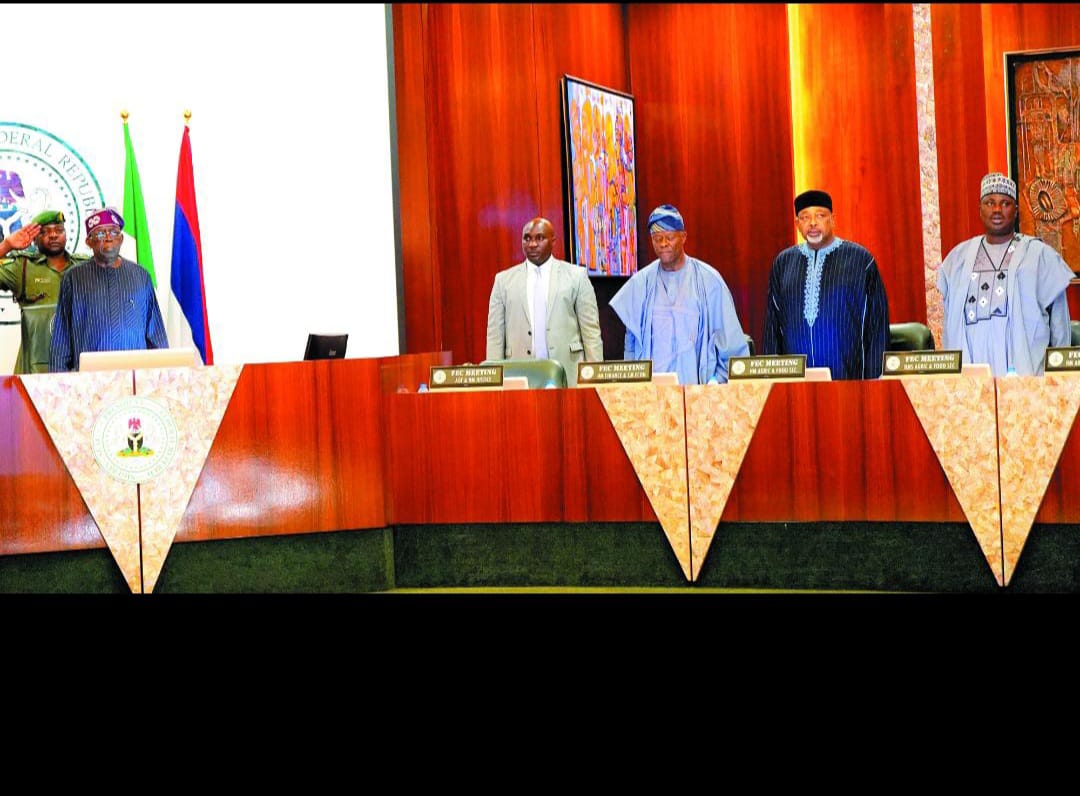A Professor of Public Health, Prof. Tanimola Akande has called for mass vaccination against cerebrospinal meningitis, especially in the northern part of the country.
Akande, A Consultant Public Health Physician, Department of Epidemiology and Community Health, University of Ilorin, Kwara State, said this in an interview on Monday, in Lagos.
Professor Akande described cerebrospinal meningitis as a perennial problem in Nigeria, affecting many lives, particularly in the northern part of the country.
“Unfortunately, we are ill-prepared as a nation, not enough people are given vaccination to prevent it ahead of the outbreaks. “If that had been done, we probably would not have this level of magnitude of the outbreak, with so many people affected” He said.
The Public health physician called on government to be proactive in rolling out vaccines long before the outbreak, not just during the outbreak.
Need For Increased Sensitisation On Cerebrospinal Meningitis

Akande stated that seasonal outbreaks were common during the hot, dry, and windy weather and stressed the need for attention to be given to housing situations and spacing, as many houses lacked proper ventilation.
The professor called for increased public sensitisation on the disease, advising improved hygiene, covering of mouth and nose when coughing and sneezing and regular handwashing.
He advised health professionals to promptly report suspected or probable cases, observe universal safety precautionary measures, and make use of personal protective equipment when treating suspected cases.
About Meningitis
According to the World Health Organisation (WHO), meningitis is the inflammation of the tissues surrounding the brain and spinal cord, usually caused by infection. It is a devastating disease and a major public health challenge.
The disease can be caused by many different pathogens including bacteria, fungi or viruses, but the highest global burden is seen with bacterial meningitis.
Data from the Nigeria Centre for Disease Control and Prevention (NCDC) showed that 807 suspected cases and 74 deaths have been reported across 22 states and the Federal Capital Territory as of March 26, 2025.
The health agency said Kebbi, Katsina, and Sokoto have recorded the highest number of suspected cases, deaths, and case fatality rates (CFRs), with relatively low sample collection rates.
The most affected age group is 5 to 14 years and those affected may exhibit symptoms such as high fever, headache, neck stiffness, photophobia, altered mental status, nausea and vomiting, among others.
Meningitis, though treatable, still has a high morbidity and fatality rate.




